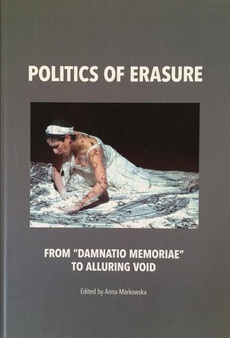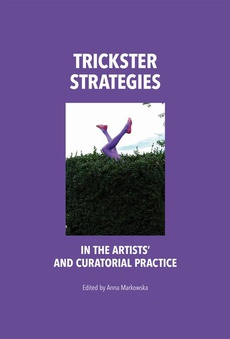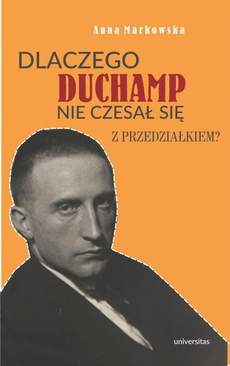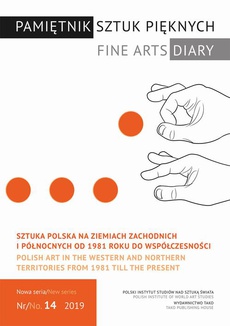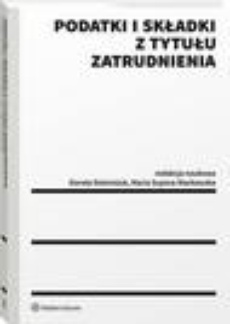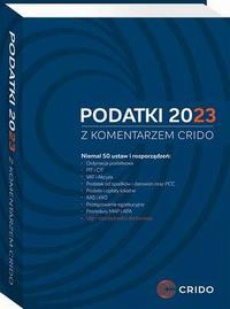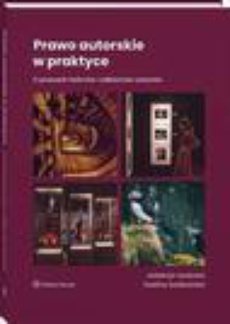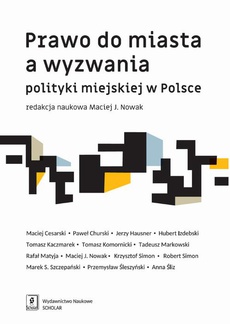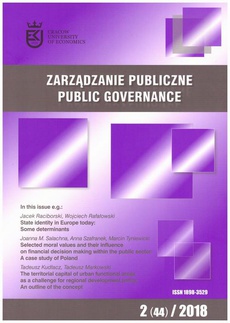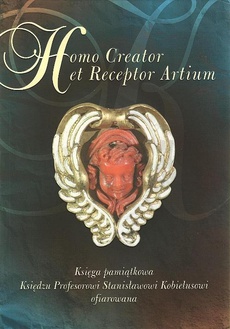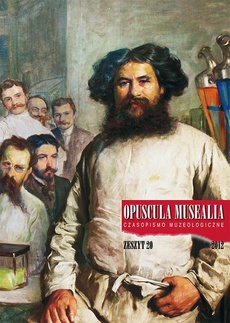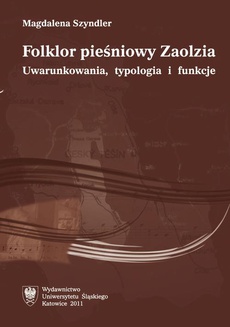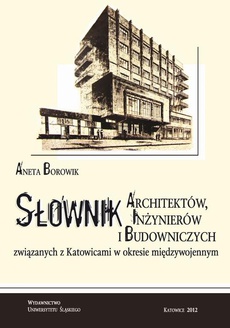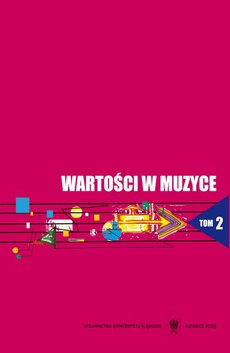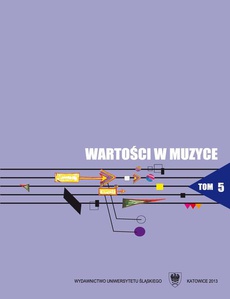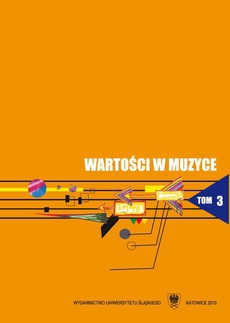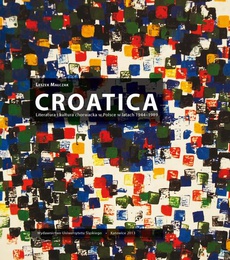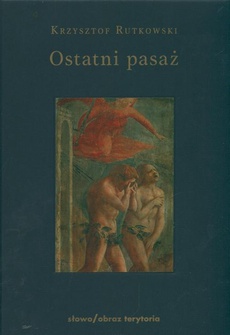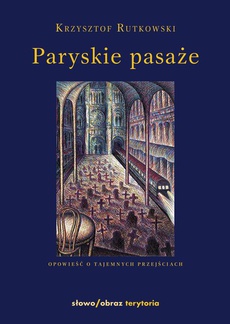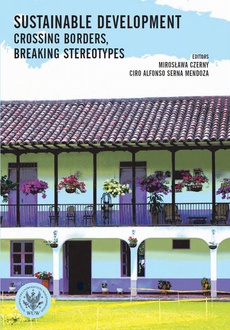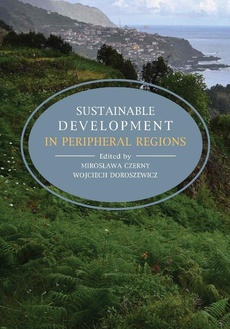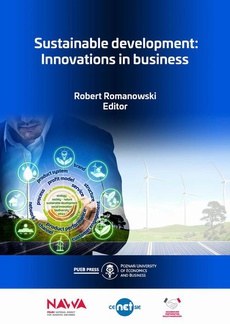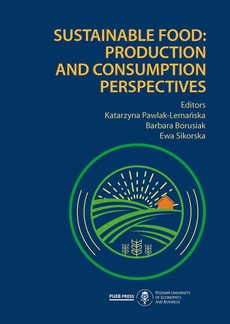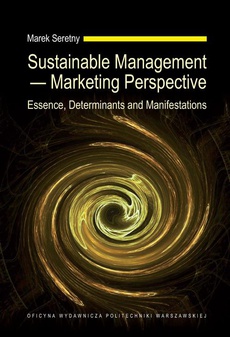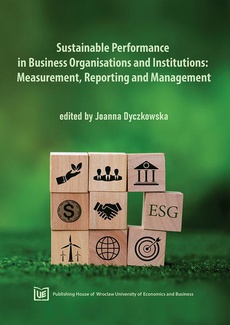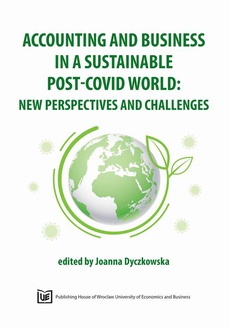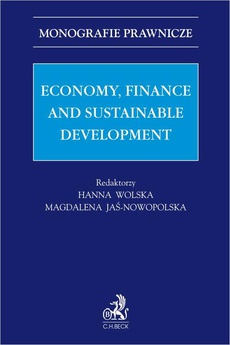INNE EBOOKI AUTORA
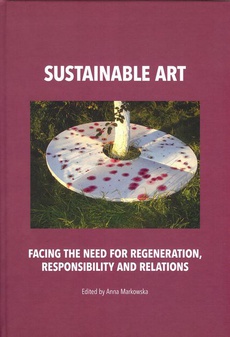
Sustainable art Facing the need for regeneration, responsibility and relations
Autor:
Redakcja:
Format:
The words sustainbility and sustainable development used in political, economic and ecological debates actually refflect historical necessities to consider our planet in terms of global responsibility and not - which has been the case so far - unlimited exploration. Thus, the notion of sustainable art is characterized by social activism.
Table of contents:
Anna Markowska,Introduction; I. SOCIAL PARTICIPATION: Sue Spaid,The future of environmental art or reimagining a sustainable art practice? Real-world problems; Rebecca Liliane Wichmann, Land art and state: surrounding ecology, policy and technology; Magdalena Worłowska, Ecologically oriented Land Art in Poland in the 1960s and 1970s; Magdalena Lange, “It’s all in the genes!” – is it? When art and biotechnology act in concert. The One Trees project; Joanna Zofia Rose, Street art in Reykjavik as a regeneratory and rejuvenating agent; Esra Yıldız, Sustainability, social participation and visual culture in Turkey; Zofia Reznik, Bodies, photos, paint and fire on the streets of Wrocław; Witold Liszkowski and the new public art; Eleonora Jedlińska, Sustainability of deconstruction: the dynamics of Doris Salcedo’s art ; Filip Pręgowski, Paintings in daylight. The work of Kerry James Marshall through the identity discourse; Natalia Krawczyk, Electric Rider/Electric Rise;
II. RETHINKING INSTITUTIONALIZATION AND PRESERVATION OF CULTURAL VALUES: Sofia Ponte, Musealizing “functional art”; Mateusz Salwa, Gardens and the aesthetics of sustainability; Lisa Paul Streitfeld, The conversion of East Berlin: can sustainable social projects celebrating unity overcome the divisiveness of success?; Natalia Smolyanskaya, Polygon; Joanna Filipczyk, Searching for social equilibrium. Marian Bogusz’s activity as “prolegomena” of sustainable art in Poland; Albert Coers, Frequent flyers – one-way-rafts: aspects of possession, production and transportation in contemporary art; Magdalena Zięba, Exhibition Beyond Green. Toward a Sustainable Art. Between art and art of sustainable display; Patrycja Sikora, Sustainable art – facing the need for regeneration, responsibility and relations. About the BWA Studio exhibition in Wrocław; Ewa Wojtowicz, A doppelganger figure. Sustainability of art in the process of re-practices; Małgorzata Micuła, Escaping an object. Michael Landy’s Break Down project; III. AFFECTIVE APPROACH – EMPATHY AND LOVE: Robert Kusek, Wojciech Szymański, Human, all too human, beyond human: animals and late style; Anna Markowska, Travelling for sustainability. On some paintings from Portugal; Ewelina Jankowiak, Still art or already botany? Contemporary Polish artists and posthumanism; Nicole Loeser, On the facts of life – artistic engagement by Christoph Both-Asmus; Dorota Łagodzka, Taking chickens seriously. Empathy and responsibility as sources of Mary Britton Clouse’s art; Mikołaj Spodaryk, Emancipation of animals. Searching for visualization (case study); IV. SUSTAINABLE DESIGN: Irma Kozina, Sustainable design, a romantic utopia or a tool for eliminating negative environmental impact?; Zoryana Hnetsko, Eco-design and sustainable development. Environmental issues at the current stage and the methods of their solution; Dean Chatwin, The endless river: exploring the potential for water to connect the home and the natural environment; Reiner Maria Matysik, River becomes cloud. Sustainability is a waste of energy; Daria Wartalska, Design inspired by Victor Papanek; Jean-Francois Paquay, A new direction for sustainable art: farming with Mole-Hill soil in the Portager; Agnieszka Jankowska-Marzec, Sustainable approach at the Faculty of Industrial Design of the Academy of Fine Arts in Cracow; Conferences and Studies of the Polish Institute of World Art Studies.
| Rok wydania | 2015 |
|---|---|
| Liczba stron | 315 |
| Kategoria | Historia sztuki |
| Wydawca | Polski Instytut Studiów nad Sztuką Świata |
| ISBN-13 | 978-83-62737-89-5 |
| Język publikacji | angielski |
| Informacja o sprzedawcy | ePWN sp. z o.o. |
POLECAMY
Ciekawe propozycje

